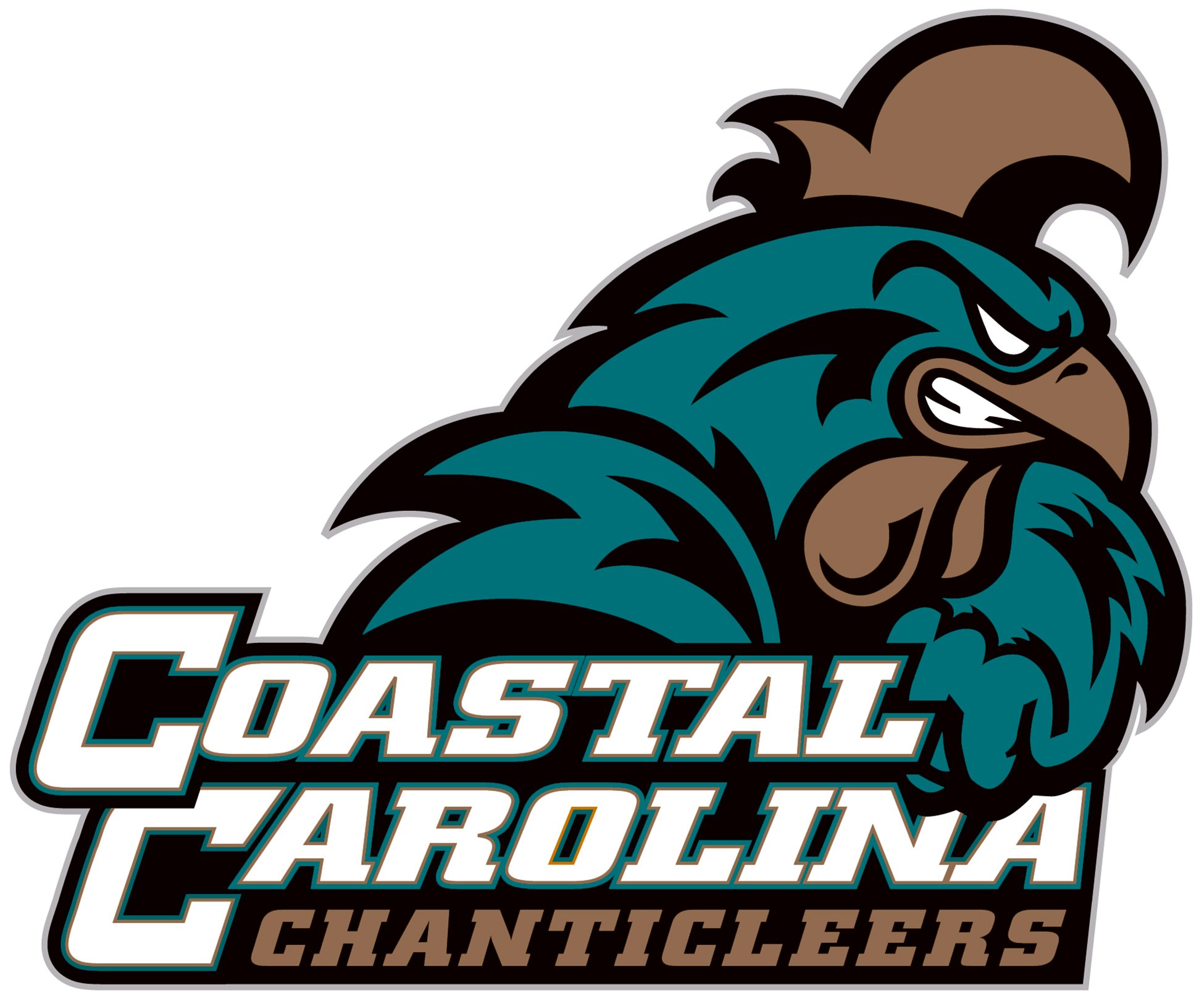(Editor's note: The letter below was sent from GCU President Brian Mueller to five U.S. Senate Democrats in response to this letter they sent to members of the U.S. Department of Education's National Advisory Committee on Institutional Quality and Integrity.)
Elizabeth Warren
U.S. Senator, Massachusetts
317 Hart Senate Office Building, Washington, DC 20510
Sherrod Brown
U.S. Senator, Ohio
713 Hart Senate Office Building, Washington, DC 20510
Patty Murray
U.S. Senator, Washington
154 Russell Senate Office Building, Washington, DC 20510
Richard J. Durbin
U.S. Senator, Illinois
711 Hart Senate Office Building, Washington, DC 20510
Richard Blumenthal
U.S. Senator, Connecticut
706 Hart Senate Office Building, Washington, DC 20510
Dear Senators:
Thank you for your interest in Grand Canyon University and our proposal to revert to the historical non-profit status that we held from 1949-2004. We believe it is the logical next step to ensure the legacy of the institution and is an accurate reflection of who GCU is today and will be in the future as we continue our efforts to make higher education affordable to all socio-economic classes of Americans.
We agree with the premise of your letter that all conversions need to be looked at closely and judged on their individual merits. In fact, before the Higher Learning Commission meets in late February to review our proposal, we would like to invite you to visit our campus in Phoenix, Arizona. You are welcome to speak with any of our students, faculty members, staff and administrators about their experiences at GCU. Frankly, we think you’ll be amazed at the amount of support that is provided to students in their academic journey, as well as the incredible impact GCU is having in our inner-city community. Our hope is that you will walk away with an informed opinion of who GCU is and what we stand for.
We do not agree with any inferences that GCU is seeking to revert to its non-profit status as a way to avoid regulatory scrutiny. As it relates to federal regulations aimed only at the for-profit sector, GCU has a very strong track record.
- Because GCU maintains affordable tuition and our graduates are earning good-paying jobs, none of our programs failed the gainful employment regulations. GCU has not raised tuition on its ground campus in 10 years, which as you know is unheard of in higher education.
- For the 90/10 rule, GCU sits at 72.3% (and dropping).
- GCU’s loan default rate will be an estimated 6.5% for the most recent cohort – well below federal guidelines. That figure is extremely low among institutions with large online student populations. Federal student loan guidelines permit students, and in particular working adult students, to borrow more than the cost of their education in order to fund their individual living expenses. GCU has transparent processes in place that promote responsible borrowing and give students a comprehensive understanding of their loan options so that they realize the long-term implications of their choices.
- Graduates at GCU are incurring less debt (an average of $18,750) than the average at public universities ($25,550) and far below the average at nonprofit private universities ($32,300) or for-profit colleges ($39,950), according to data from the Institute for College Access and Success.
- Because of the generous institutional aid that more than 90 percent of our traditional students receive, students pay an average of $8,600 per year in tuition (excluding federal pell grants, loans and external scholarships), which is far below published rates at private universities and on par with state universities.
- The University also has an exemplary record of regulatory compliance, including visits from six major accrediting bodies within the past two years. GCU met those comprehensive reviews with 100 percent compliance, including a visit from HLC in which the University’s accreditation was reaffirmed for an additional 10 years, which is the maximum extension of accreditation the HLC offers.
As our application to return the University to its non-profit roots is reviewed, we hope that it will be judged on its merits and not politicized into a philosophical debate about for-profit vs. non-profit education. Our proposal is similar to agreements that hundreds of non-profit universities have in place with education service companies throughout the country.
Have there been problems in the for-profit sector? Yes… just as there have been some glaring issues at non-profit institutions. And, while many are quick to criticize for-profit education as a whole for the shortcomings of some institutions, there is very little acknowledgement that online education – which was pioneered by the University of Phoenix (a for-profit institution) -- is one of the biggest innovations in higher education in the last 20 years. In addition, the ability to cut costs for students by delivering content digitally is an innovation that originated at for-profit universities. These are just two of the innovations pioneered by for-profit institutions that are now being replicated throughout the country.
We fully support measures that ensure educational institutions are meeting recognized standards -- particularly as it relates to student support services, academic integrity and financial transparency – and believe those measures should apply to all institutions (for-profit and non-profit). We have been complimented frequently when GCU representatives make presentations on those standards at education conferences across the nation.
We look forward to the opportunity to meet you in person if you would like to visit our campus and learn more about our institution. Presidents and academic leaders from more than two dozen non-profit universities have visited to learn more about our innovative approach to higher education. We would also love to share information with you about a public-private partnership we have in place to support K-12 education that is having groundbreaking results in our community. We believe it’s an initiative that could be replicated in inner cities throughout the country.
Sincerely,
Brian Mueller
President
Grand Canyon University
cc: Dr. Arthur Keiser, Ph.D, Chairman of NACIQI; Mr. Frank H. Wu, J.D., Vice Chairman of NACIQI















